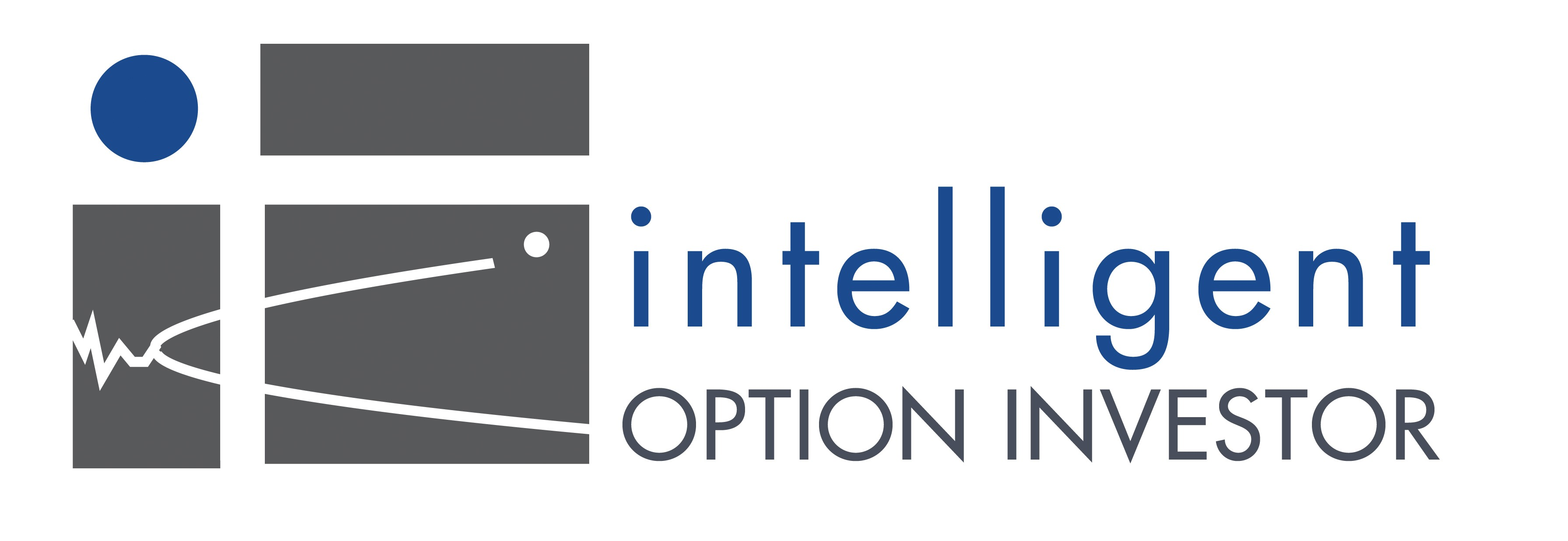At IOI, one of our core investor education precepts is to be aware of human biases in financial decision-making. In order to get better at investing, we must first seek to better understand ourselves, both individually and as a “marketplace”. Did you know that there is an entire journal devoted to this understanding? The Journal of Psychology and Financial Markets seeks to identify research in the finance and psych fields that links the two of them!
Herding or “groupthink” by it’s other name, is a major contributor to short term movements in financial markets. So, it is important to consider this fundamental human bias and its effects before acting on our investment research. The paper below by Robert R. Prechter, Jr., Unconscious Herding Behavior as the Psychological Basis of Financial Maket Trends and Patterns, is a superb read as it clearly draws the links between “herding” and its resultant effects on Market Trends and Patterns. It is a must for IOI members. It’s short and, usually for an academic paper, VERY clear. I just want to hit a few highlights before leaving you with it.
- “Dependence upon the behavior of others most easily substitutes for rigorous reasoning when knowledge is lacking or irrelevant.” – Sound like a familiar place to you? In investing, where real hard knowledge is often lacking, we are predisposed to seek confirmation of our actions and beliefs from others. That’s not reasoned investing, folks. It’s herding.
- “Most people get virtually all of their ideas about financial markets from other people…without checking a thing.” – This is a crucial realization for us. By simply “checking” and learning to check things in a disciplined, systematized manner, we engender a competitive advantage for ourselves out of the gate!
- “…the greater the difficulty in forecasting earnings per share, which is a source of stress, the more analysts’ herding behavior increases. Equally important, the more their herding behavior increases, the greater the bias in their earnings estimates.” – It’s a vicious circle. When hard knowledge is challenging to find (prices concurrently volatile), your buddy’s predictions appear just as good as yours and you find solace in that. That herding generates an aggregate forecasting bias. More herding generates less rigorous analysis and poorer accuracy.
The recent housing market failures of 2007-2009 are a super example here. Watch “The Big Short” movie and look and listen for how people are talking to one another about the durability of the housing market and how unshakable it is “without ever checking a thing” for themselves.
Read the attached paper and think about these behaviors in yourself (we all do this, mind you…we’re not robots here at IOI). Look at your portfolio and see how you’ve made decisions on what’s in it and/or how you’ve managed it in the past. Are you deciding on merit because you know how the business works or as part of the group?
Need help looking at your investment and/or your portfolio in the cold light of day? Reach out to us!
